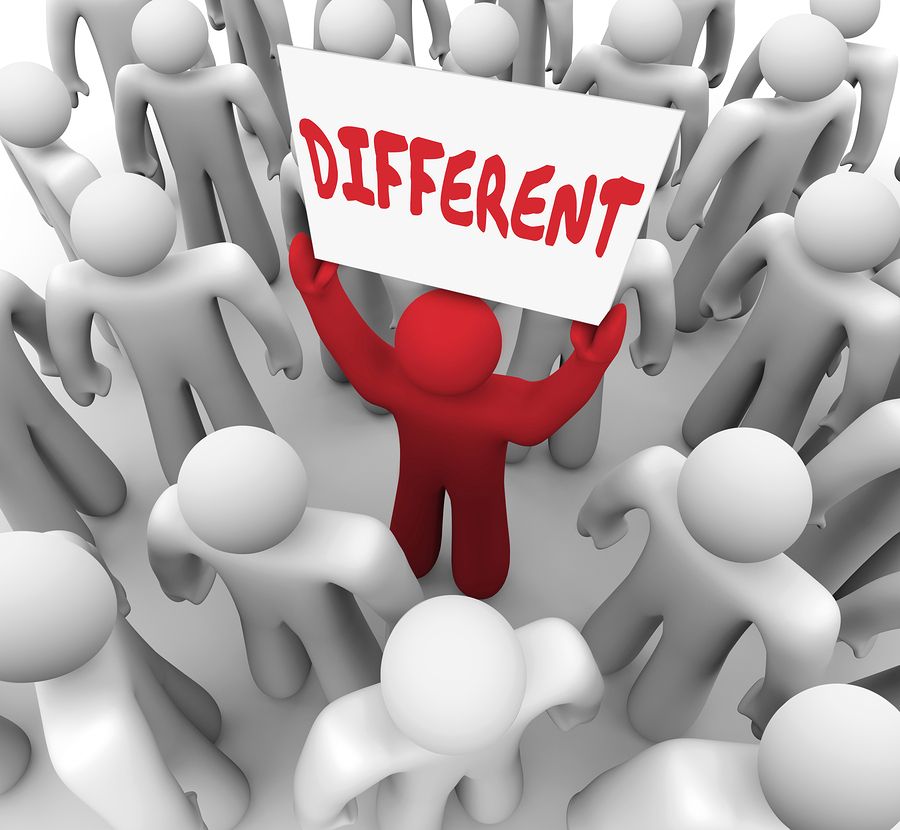Whenever you write a proposal for an agent or editor, you are asked to include a section of previously published books that are similar in theme or style to yours.
In the guidelines section for proposals submission on our website (link provided below), we say it this way:
“A listing of other books available that are similar to yours and a brief explanation of how yours is both different and/or better.”
Being aware of the “competition” should be important as you write your book and take the next steps to publication.
Identifying appropriate comparable titles is tricky. It is much more of an “art” than simply looking something up online. Here are some suggestions to get started with your list:
- Do it online – going to a physical store to browse for comparable titles will be time-consuming and never truly helpful to you. Stores do not carry as many titles as Amazon. The book jacket is not as important as sales rank and reader reviews.
- Use Amazon Advance Search – it is in the toolbar there in the book section. You can look for key words, check lists of best-sellers and come up with a nice initial list. You can sort the search results using various criteria.
- Take time to do it right – read at least one of the closest comparable titles, especially if the closest comparable title is a well-known book.
- Don’t use Indie-pub titles as comparables – few have significant enough sales or credibility to make an agent or editor impressed. Remember, you are talking to agents who sell to traditional publishers. Using indie-published titles as comps does not communicate good information. Unintentionally, you might be stating all the titles most like your book are not published by traditional publishers.
- Don’t compare to really old titles. Twenty years should be a cutoff. That’s after 1995. (In a few months shift to 1996!)
- Find titles that have sold relatively well and have some good reader reviews – If every title you select has just a few reviews and an Amazon rank in the seven digits, you are not helping yourself.
- Include the title, author, publisher and year of release in your list.
- Don’t get too negative about a comp title – putting something down to elevate your book is never attractive.
- Don’t get too positive about your book – be very specific how your book differs or compares. Use fewer adjectives than you might want in your explanation. Less hype, more business-like.
- Be reasonable – major best-selling titles are a double edged sword as comps. Favorably comparing your title to Harry Potter will be dismissed by everyone and not helpful. It could actually work against you as agents or editors feel you are unrealistic. Unless of course, you are writing a fantasy series for kids about a training school for wizards.
Why do we ask for comparables?
We desperately want to categorize your book, much to your chagrin I am sure, because in your mind, your work is unique.
No matter how creative you are, we need comp titles. Everyone needs to know what and how to think about your book and the best way is to compare it to something else that is reasonably familiar.
Every book ever written is like another book in some fashion.
Comparable titles are a key element in the proposal process. Take time to do it right and the drive toward publication might speed up a little.
And when other authors start using your book as a comparable title for their work, the circle will be complete!
See more at: https://stevelaube2.wpengine.com/guidelines/



 Ten Most Popular Works of Christian Fiction
Ten Most Popular Works of Christian Fiction

Thanks – this is very helpful. It’s the balance between not including very big sellers (Harry Potter) but also not only comparing to lower sellers that’s so difficult to navigate!
How DID you know I need to learn everything I can about comp titles? This aspect of proposal writing stymies me. I guess it’s hard for me to compare my writing to already established authors. 🙂
That being said, I truly appreciate the things you suggested looking for when coming up with comp titles. I’ve considered similar themes, but I never thought to look at Amazon rankings and reviews. I’m going to be copying and saving this post. Thanks, Dan!
Dan, thanks for a helpful list. My question on #5: If the book was written more than 20 years ago but was reissued in the 2010’s and is selling well, is it a good choice? Is the <20 year cutoff related to writing style changes or something else?
Of course that book would be fine. I was trying to draw a line to prevent a situation where an agent or editor could dismiss the use of a comp because it was written for a different generation or time. A re-issued or updated edition shows it is still valuable.
Thanks for the clarification. I learn something useful almost every time you post. Thanks for helping us all increase our chances of success.
That is very helpful information! Thank you. It seems a tricky spot since we are all going for unique, but it sounds like unless another book is similar and selling well, ours won’t be considered. It really is more of a numbers game than a story/craft situation (even though I’m sure those are highly important and taken into account). Am I understanding you correctly?
It is both story and numbers (art and economics). Both are equally important.
One of the dangers is that if you don’t provide good comparable titles, the publisher might try to do it and miss something, comparing your work to something that didn’t sell.
Point the publishers and agents to successful, well-reviewed comparable books.
Dan,
I had followed your advice about comps before submitting proposals for the WTP conference I attended in June, and found only one other current popular Christian novel with a theme of Mormonism. The other commonalities were (1) the weaving of that theme through a plot with a very specific setting and (2) the emphasis on characters and plot development, rather than that thread. The differences seemed to me to offer reasons to buy my book: (1) historical rather than contemporary, (2) the opportunity to follow an extended family long-term, since the book is part of a series with another book also completed, and (3) a broader, more inclusive setting that placed the characters development within the influences of their time period, as well as the beginning of Mormonism. I did have commonalities with Thoene and Morris books, but even though both have published within the past two years (I did my homework), I was told at the conference that they were not current enough. What do you think about that? Did I miss anything else in that comparison piece of the proposal that I should do the next time I submit one? Since neither agent responded at all, I have no clue if that was because of proposal components not done well, if they never got far enough down through their reading pile to encounter my proposal, or if they just didn’t like the book. I truly appreciate your informative posts and replies–I, like others, always learn something. I’m not giving up! 🙂
Fiction is tougher because it could be more about style and approach than actual content. If you read current successful novelists, you will find someone that is close to your work. That helps everyone involved to get a better idea about you.
This seems like a hard pill to swallow, but in general, new authors are given a chance if they are easily categorized and “pegged.” Starting out with a unique style will be a tougher road.
There are exceptions, but few.
Play the game, then when successful, start a new game.
Ah! So much to learn! Thanks!
The comment by the agent about a recent Thoene novel shocked me. I looked their latest up at Amazon, and it is at #243 paperback, #159 Kindle today. (Why do these Amazon numbers change every day? Are they cumulative or snapshot or what?) Those numbers seem pretty good to me for a 2014 release. What would be acceptable numbers for historical fiction to be defined as a “successful” novelist?
Thanks for all the concrete information and advice you give us, Dan.
Amazon rankings are supposedly a snapshot at the moment, but updated at least daily. There is some measure of mystery surrounding the process and how the rankings are calculated.
I know it is not cumulative.
Thank you!
Would you provide an example of helpful comparison of a proposed book with published books? I am working on a proposal now and find the comp section challenging to write. Thanks for the helpful post!
Comp titles help you too. It helps you know if a topic is salable, helps you look at the other books to see what’s missing that you can add to make your book more attractive, and gives you authors to check out their websites and see how they market for the marketing section of your proposal.
Wow, Dan! This is so helpful. Thanks for sharing such a practical list. I’ve bookmarked it and suspect I’ll be returning here often.
Great post as always, Dan. I’ll be sharing this one with my clients!